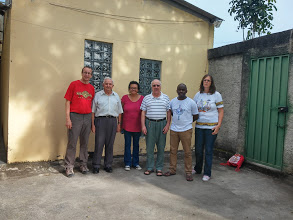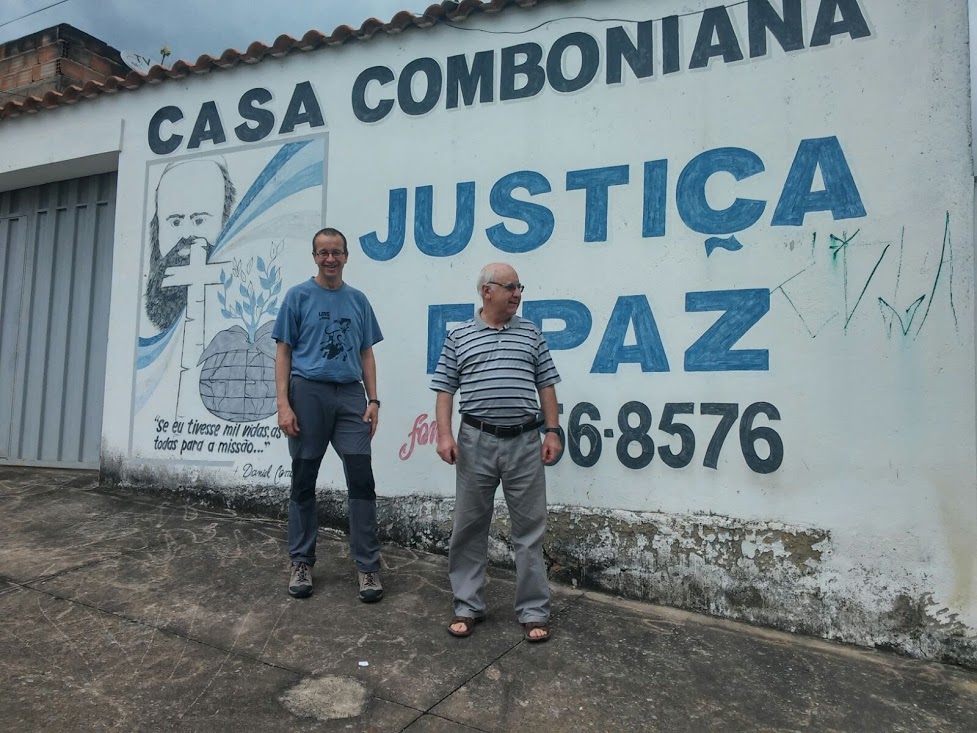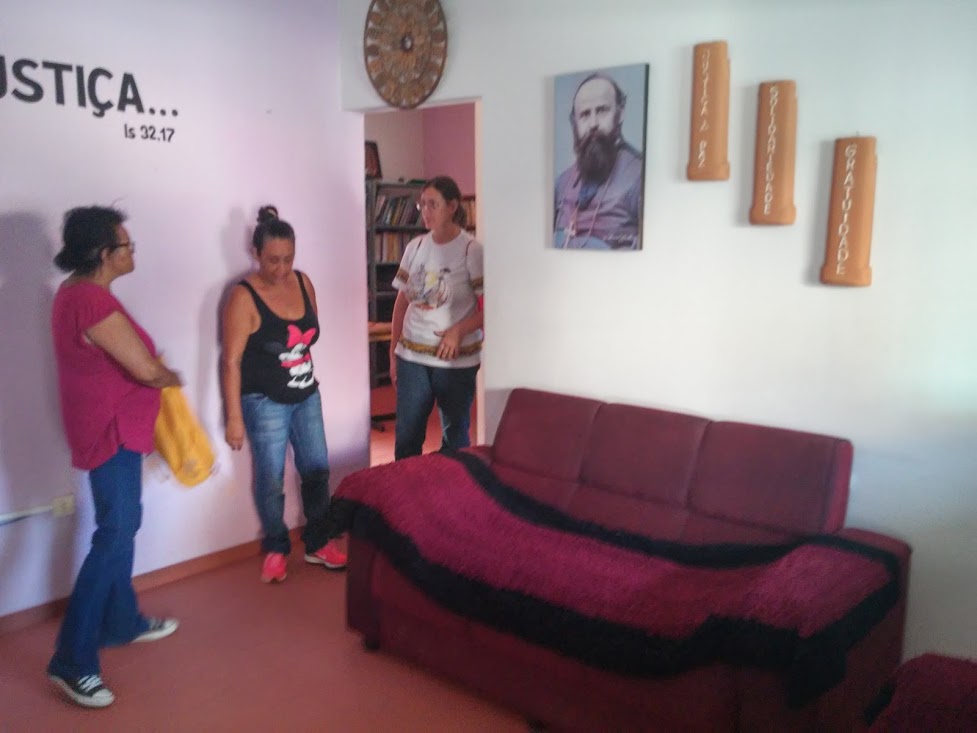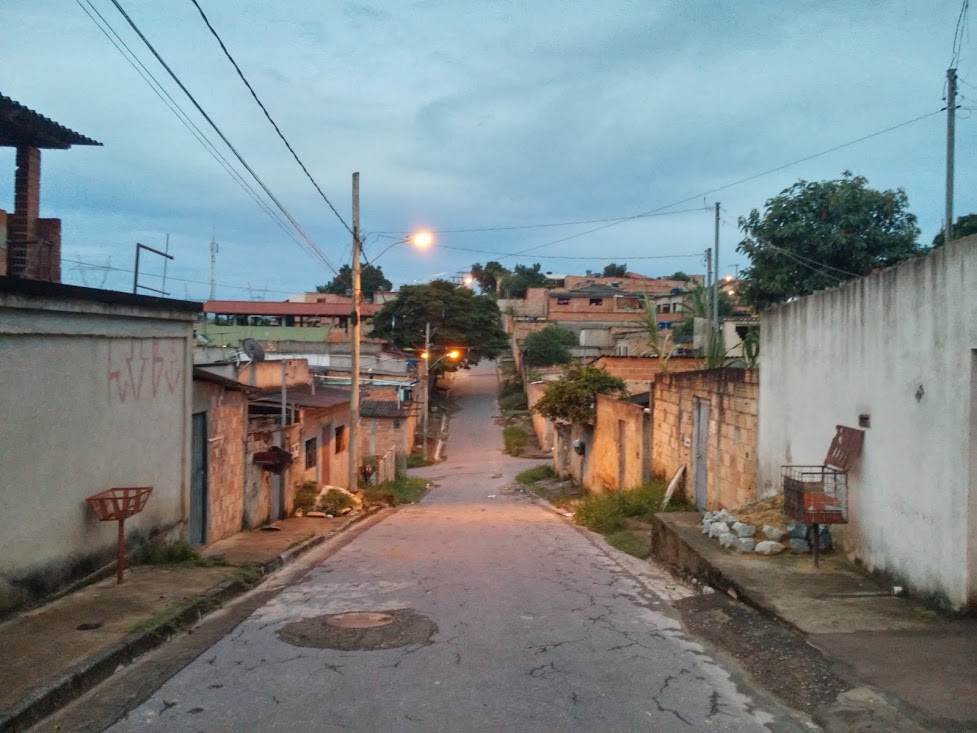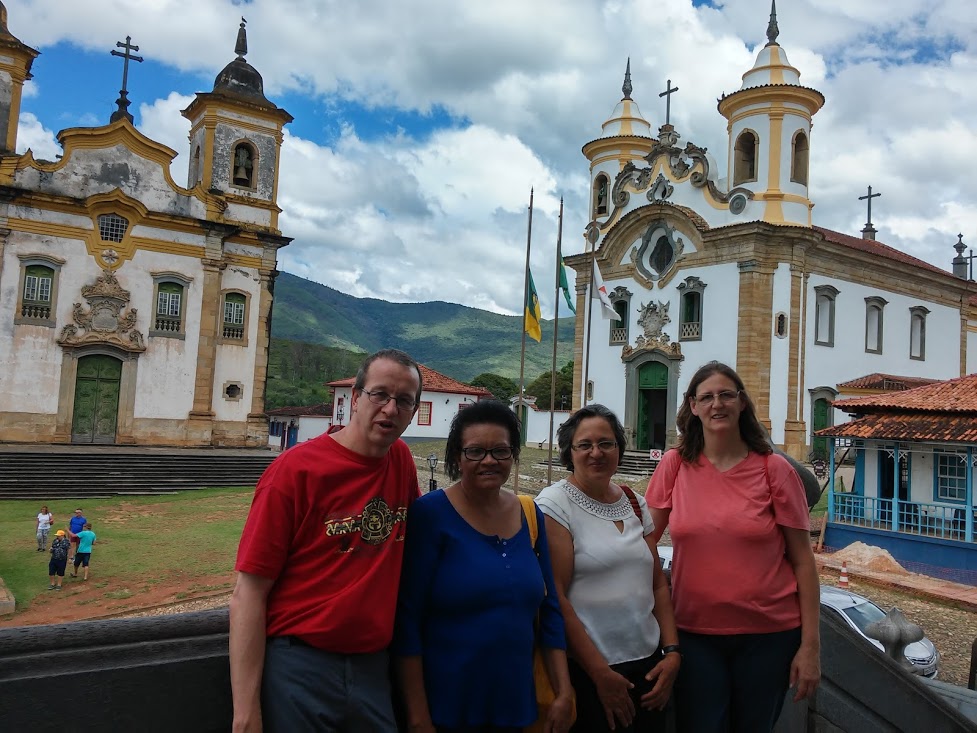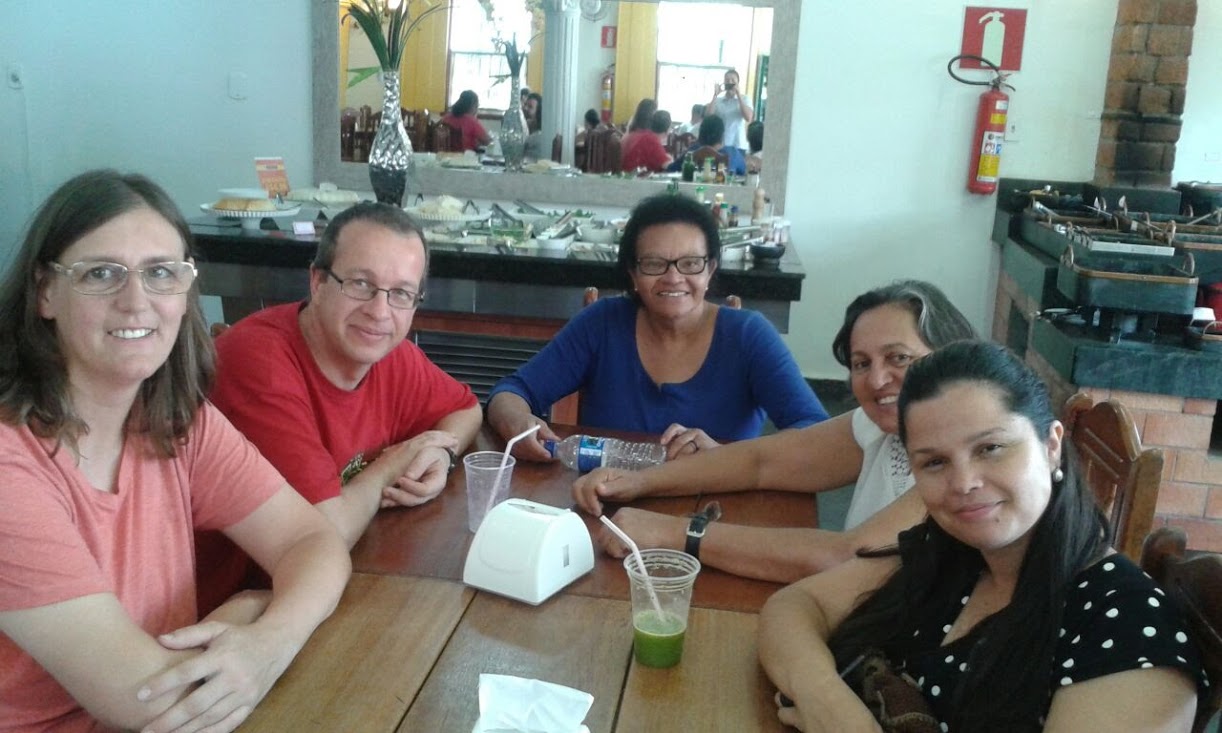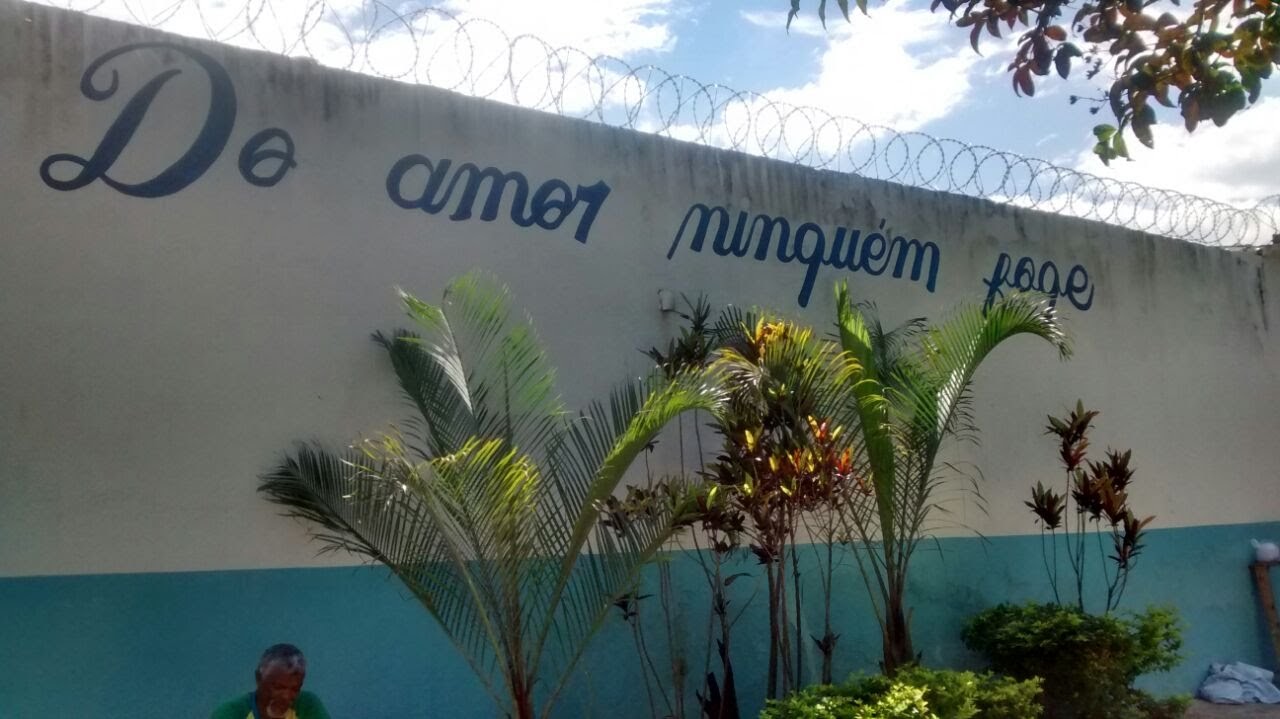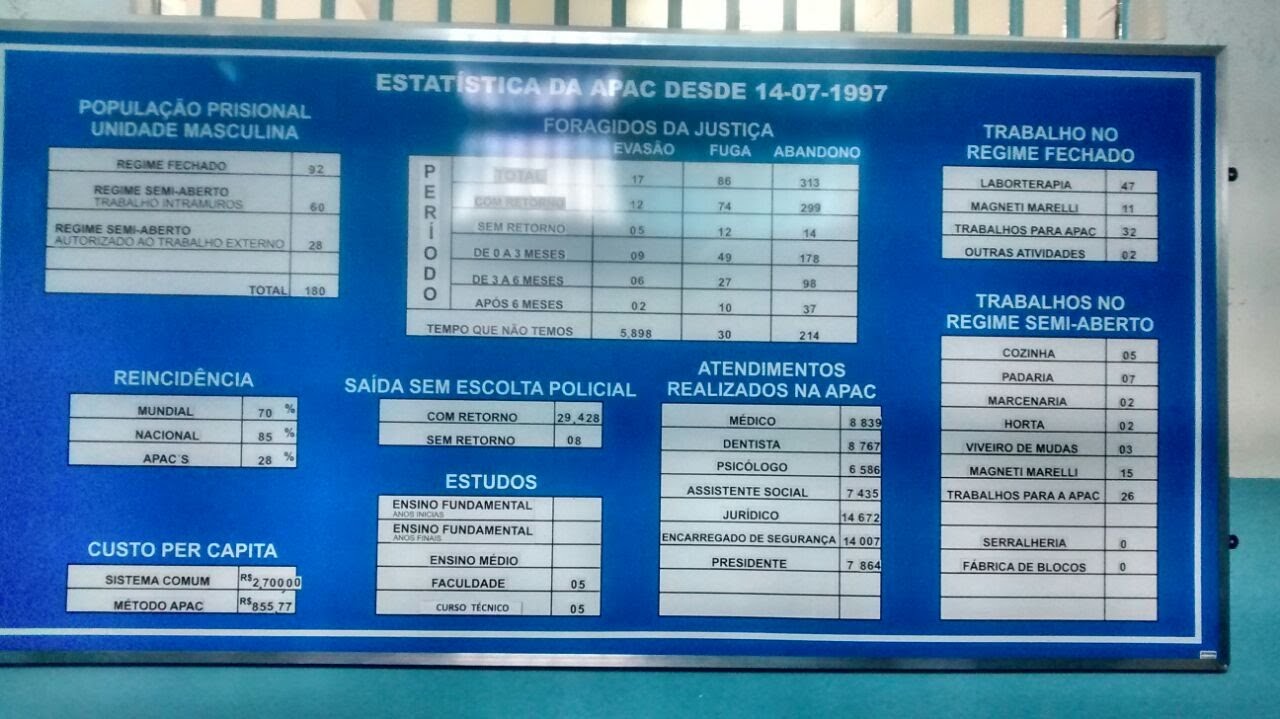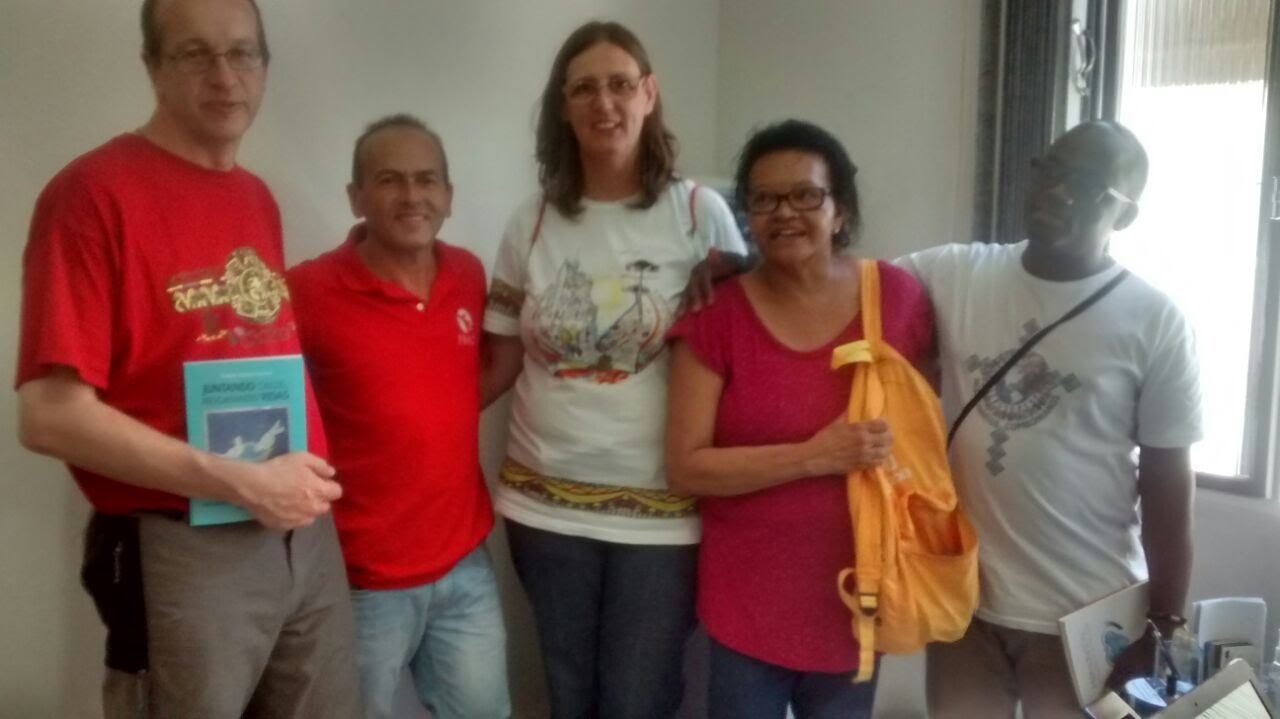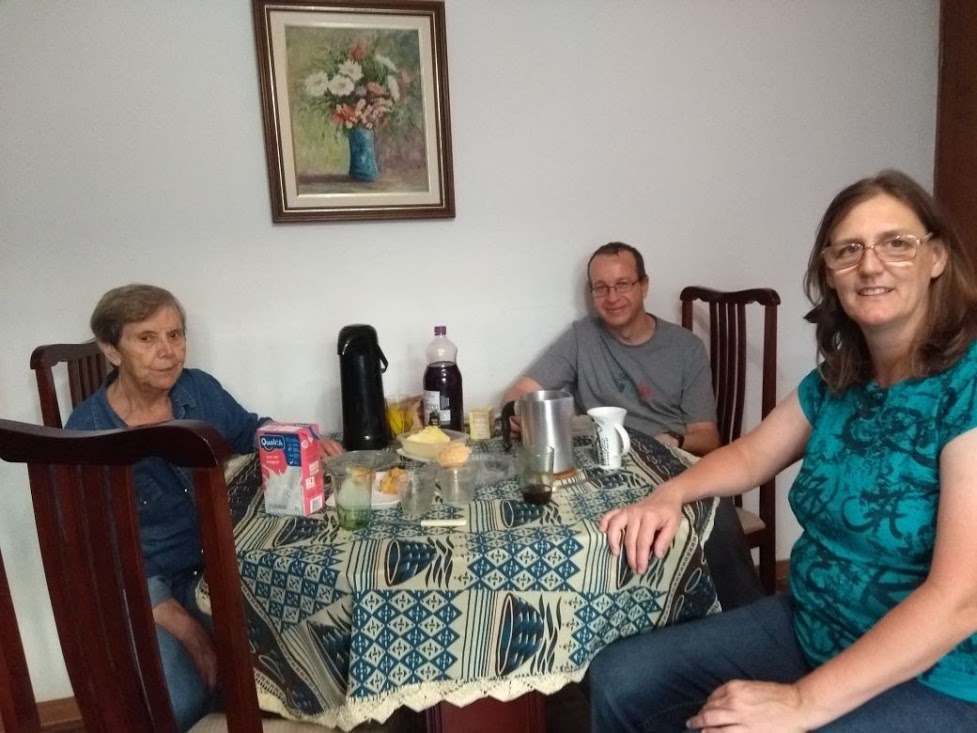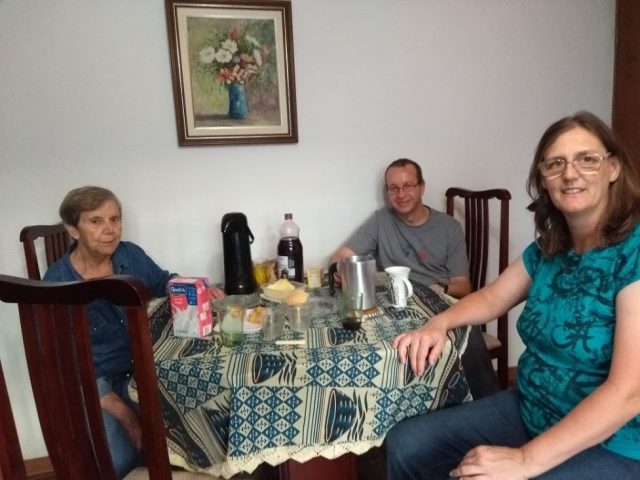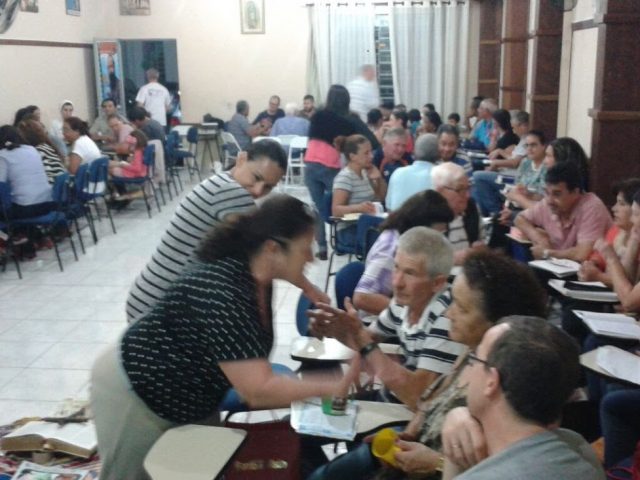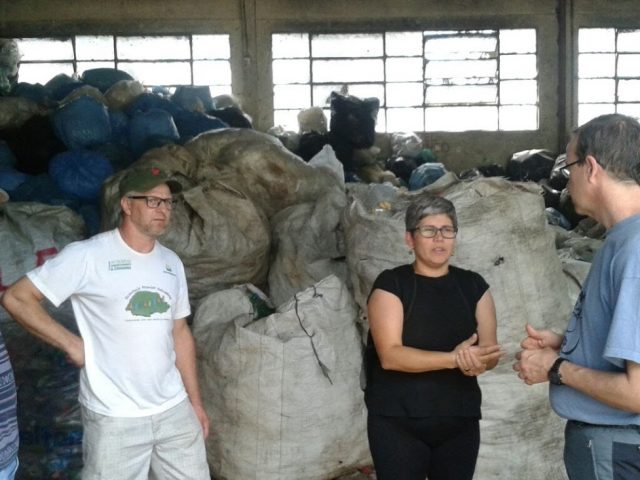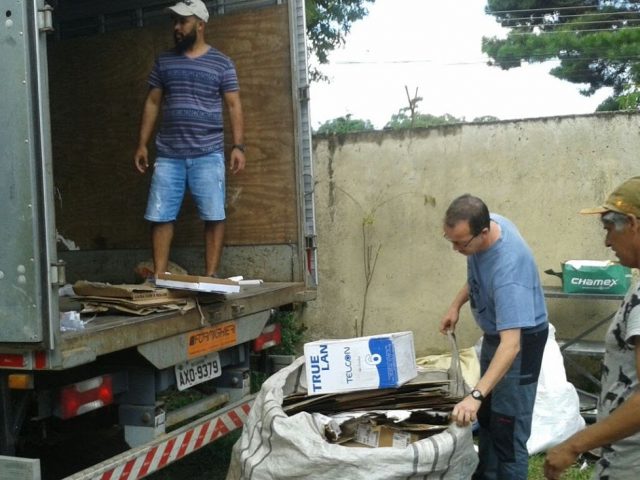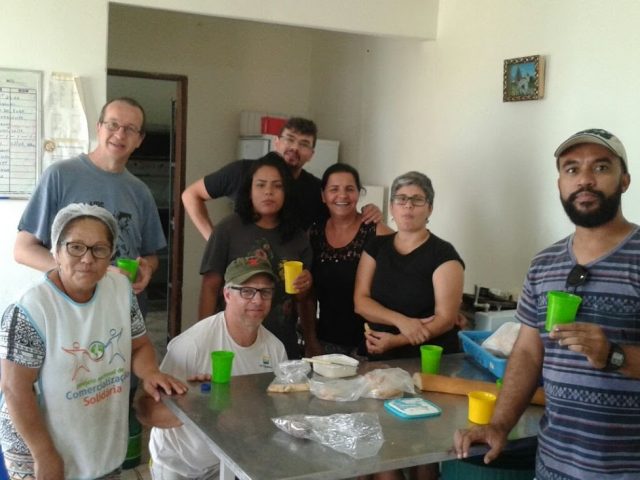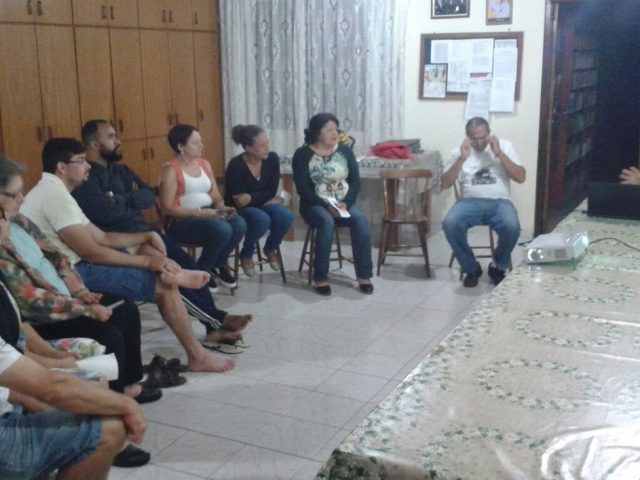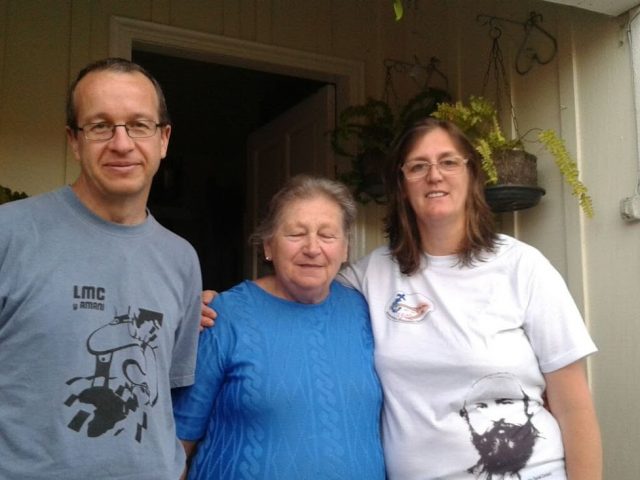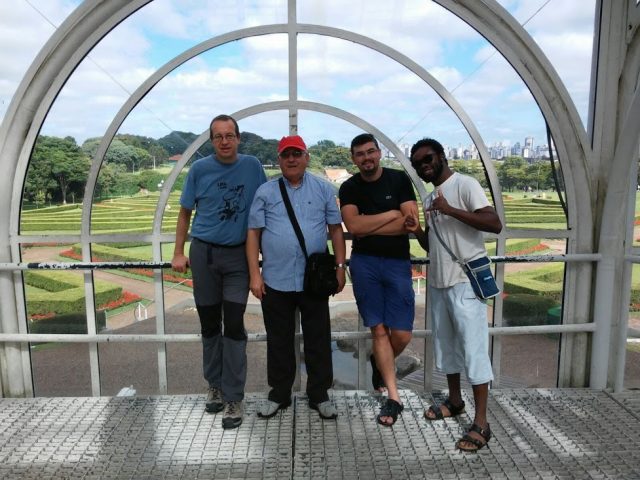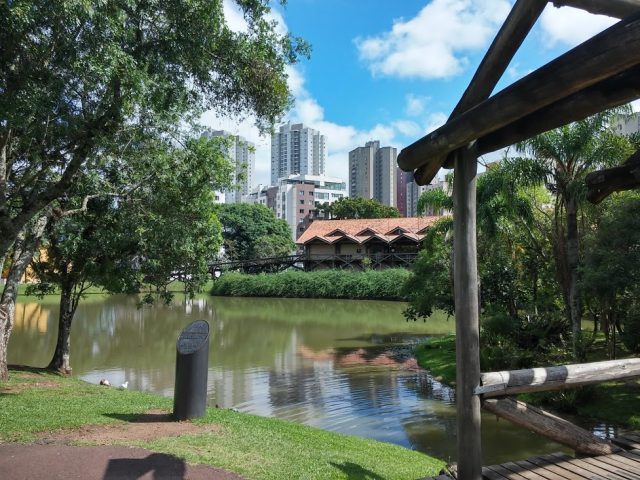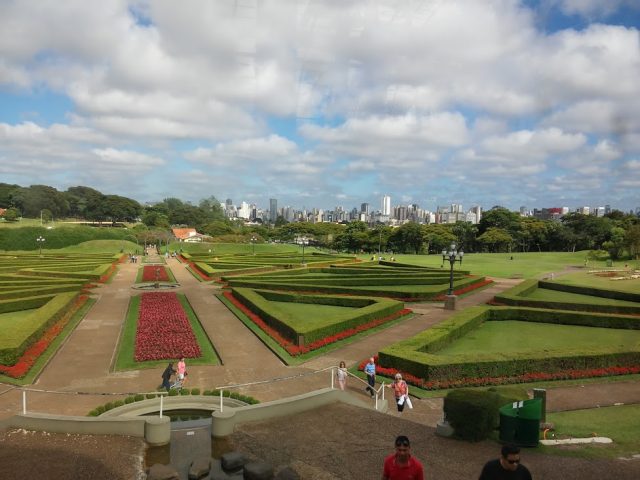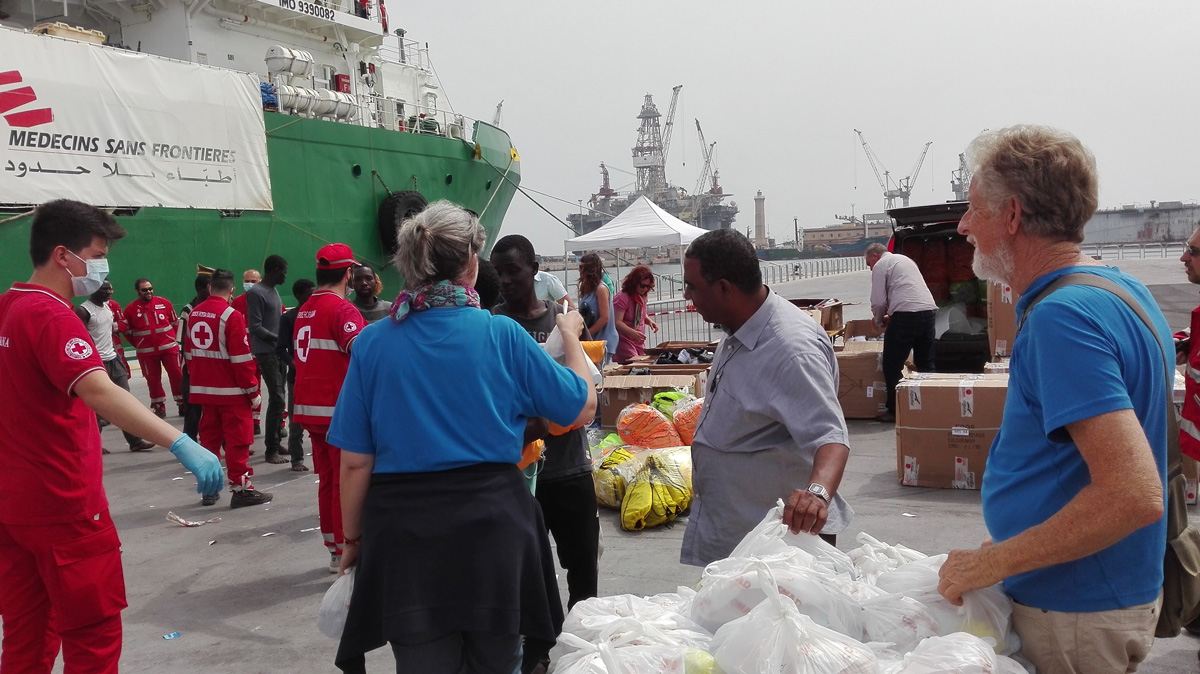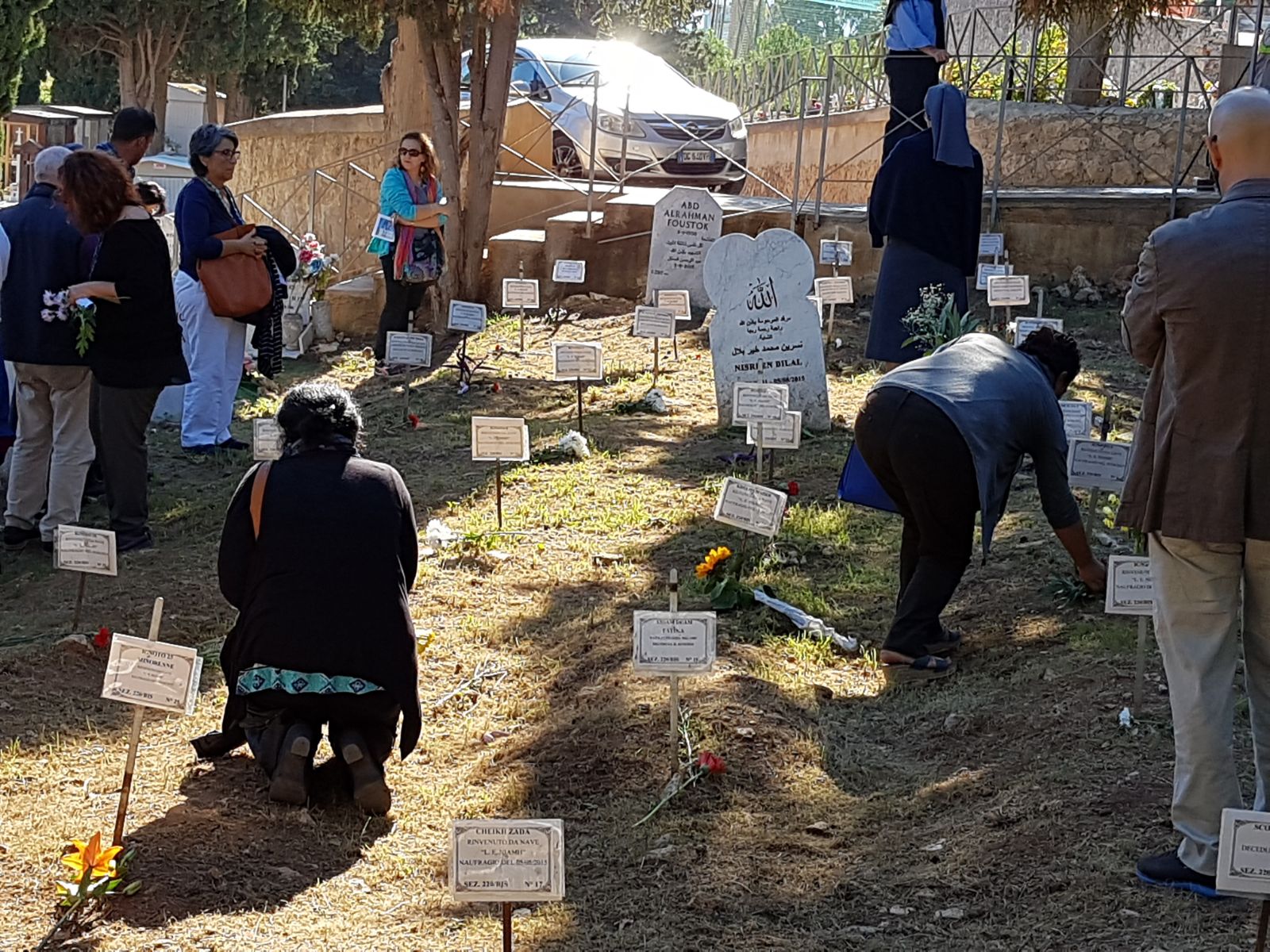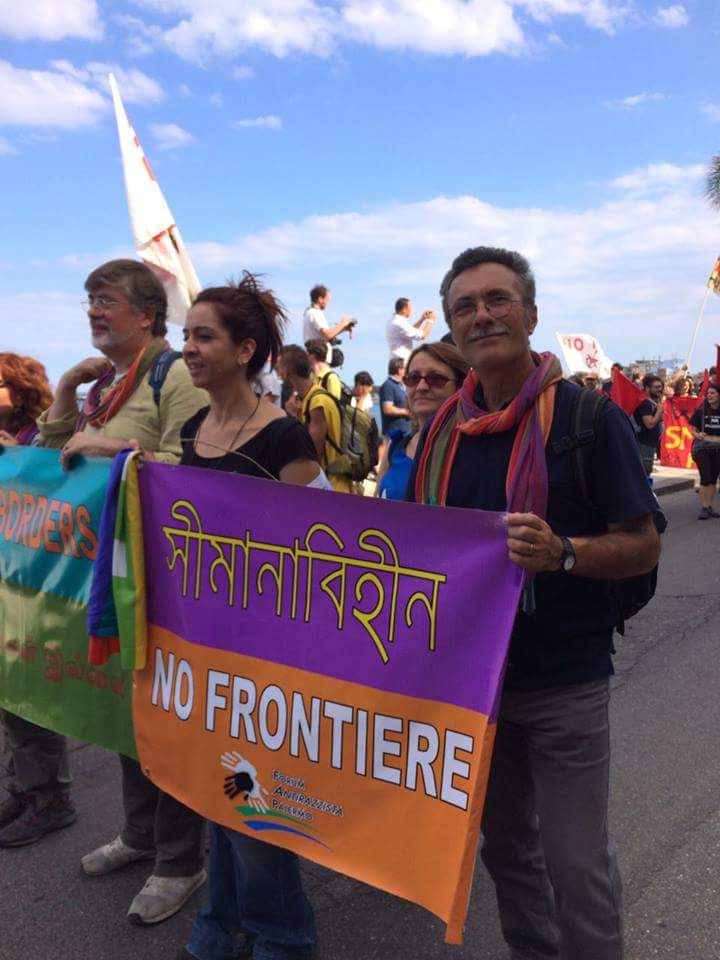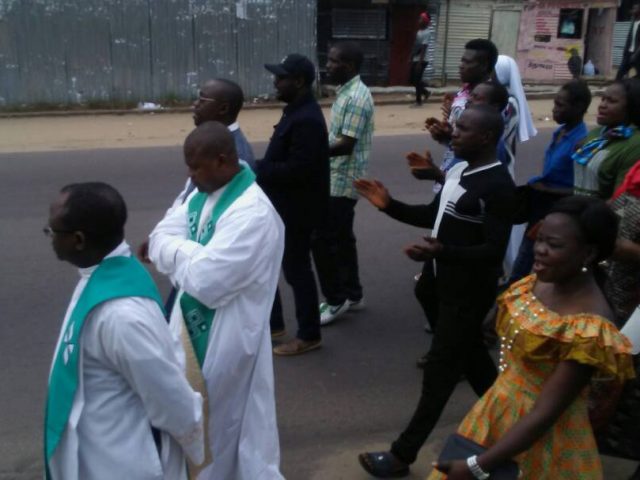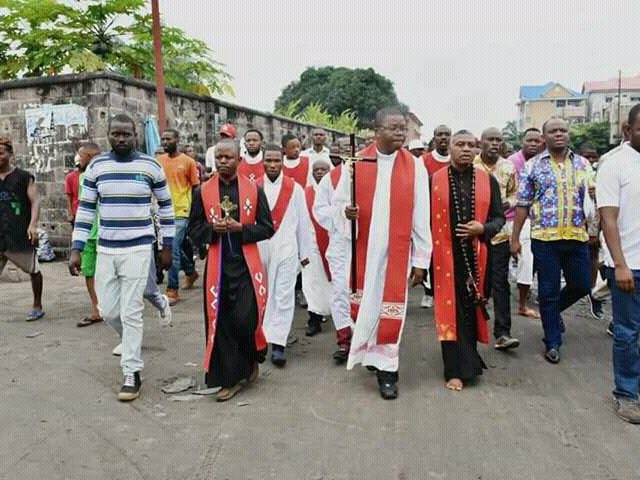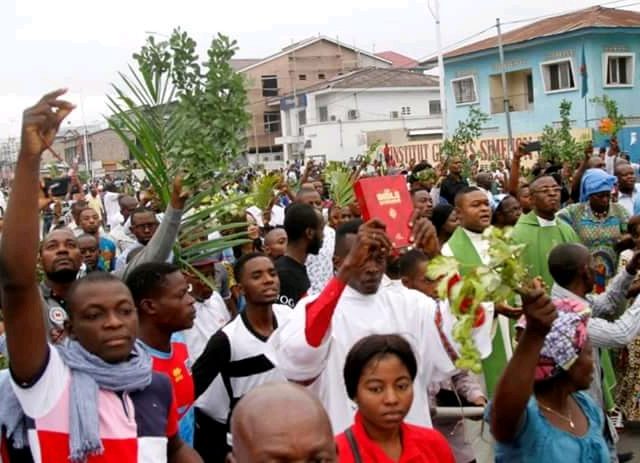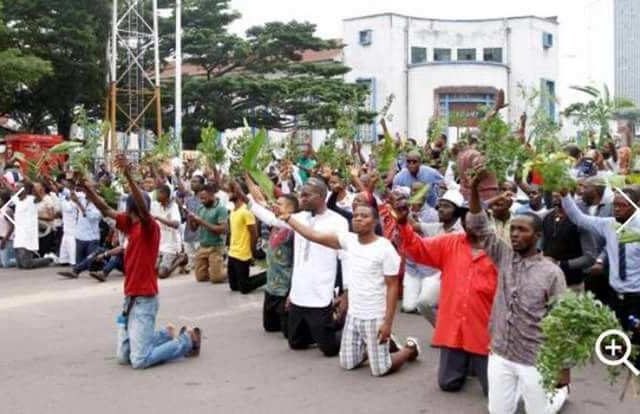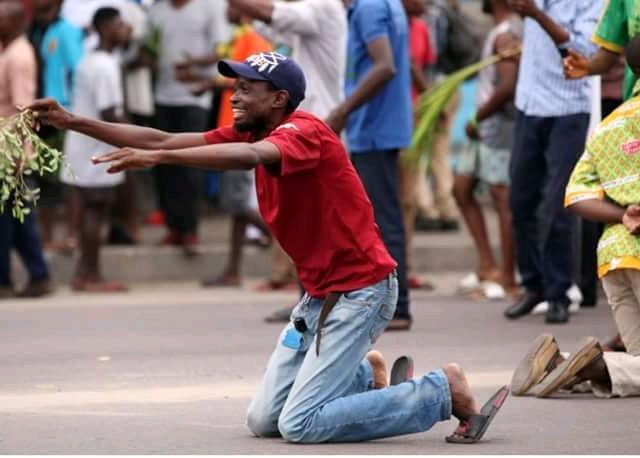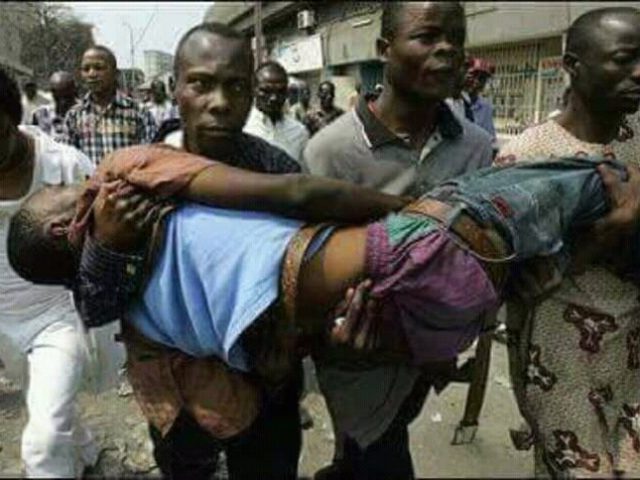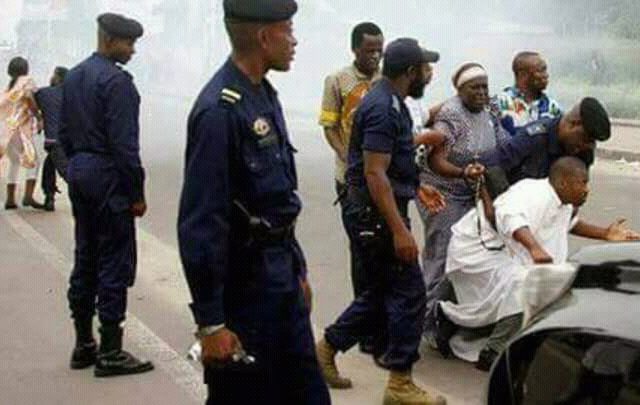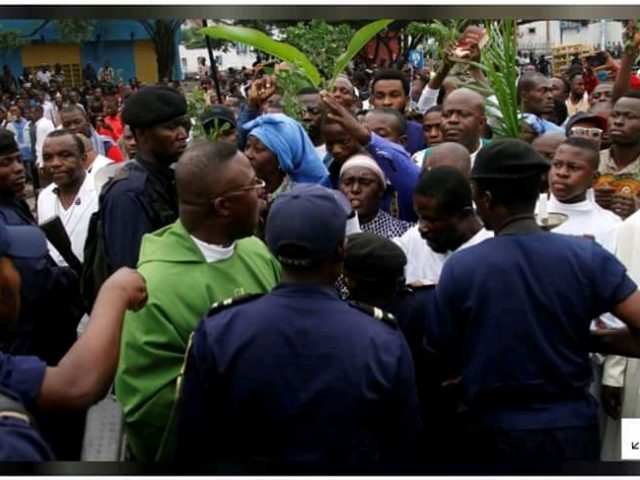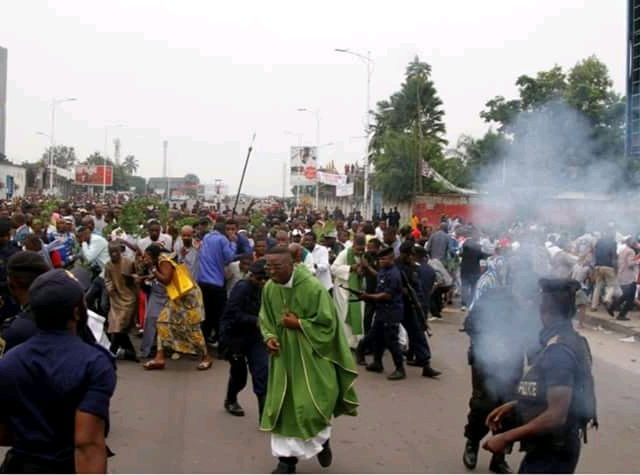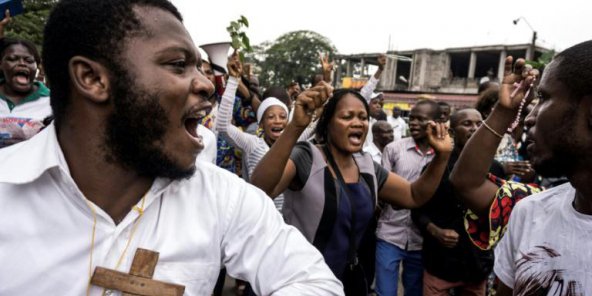At four in the morning I am already on my way to the airport with Cristian, as his brother and nephew are taking us. I keep meeting hospitality and availability wherever I go.
Cristina has decided to accompany us for a few days to Ipê Amarelo, Belo Horizonte, Besides the years in the Amazons area among the indigenous people, she was also in mission with this community as formator and coordinator of the group. So I have the good fortune of her company and teaching and with Lourdes, we will be able to talk during these days.
Fr. Joaquín, a Comboni Missionary of the community of Contagem, where Ipê Amarelo is located, and Lourdes came to meet us and we ate at the Comboni community.
In Ipê Amarelo we have a house for formation and mission. They are connected with the Comboni house, a point of reference for various social programs involved in the community such as psychological care, health care and alternative medicine, women’s groups, children programs, cultural activities, handicrafts and recycling…
Besides this more formal part of the activity, a lot more is given by the community in accompanying and visiting families in the community, going house to house greeting one by one. I had the good fortune to spend these days visiting together with Cristina and Lourdes, sometime together and sometime separately. It was a precious time. To see how people appreciate them, know their lives, their history, their worries and how in conversation the normal every day worries surface and they, always attentive, take mental notes, advise, help and/or take notes in order to return home to think how they could help.
We had Mass with the community, where I was introduced and welcome together with Cristina. Then Lourdes organized a meal with lots of people who are close to the CLM. Among others there were Tere and Alejo and their daughters, who cooperate a lot in the formation of the CLM and lead a beautifully committed life, Vanesa who was in Mozambique with the CLM, with her husband and her little daughter, Adelia who is a CLM very involved in social issues such as APAC and others, all told about 30 people.
We were also able to visit the mother and the sister of Marcelo, a CLM whom I will meet later in Balsas. I am enchanted by this family spirit that embraces the CLM.
The next day we found the time to go with Adelia, another CLM from Petrolândia which is about a half hour away, to visit Ouro Preto. It is a colonial town from where the Portuguese were excavating the gold mines with the work of Black slaves from Africa.
Later in Mariana we ate with Paulinha, the CLM’s lawyer. She tells us about the struggle facing them, starting with the break of the dam and the responsibilities of the mining companies that keep on exploiting the area. It is an ecological disaster to which one must add the destruction of humble villages with loss of human lives for not having foreseen the events and let people know. Naturally, they try to wash their hands of it, taking no responsibility and persecute those who fight for the people by accusing them of providing bad coverage that chases away tourists from the area.
The next day we went to Itauna to visit an APAC. Can you imagine a prison where the prisoners have the keys to everything? Our visit to the prison was guided by two “recovering” [the prisoners are so called in general because they are all undergoing recovery. They are all called by name and wear a tag with the name on it.] They showed us both the semi-open system and the enclosed system. The only thing, in order to pass from one side to the other there was an agent present while the “recoverings” were opening the door.
It is a prison system that costs 1/3 of the normal one, has lots of volunteers and a community that is involved. Recidivism is 28%, compared with 85% in the rest of the country and 75% globally.
We ate with the prisoners of the locked up part: salad, mashed pumpkin, rice, beans and chicken lasagna. In the afternoon we spent time talking with Valdeci [the CLM who is the coordinator of the various APAC, more than 60 in Brazil and with others being opened in other countries]
I do not want to linger any further but I am giving you a link to our blog where recently we published an issue on the prize he recently received as an executive (there you will also find more about APAC)
The next morning another very early rising and again back to the airport on the way to Rondônia.
Greetings,
Alberto




